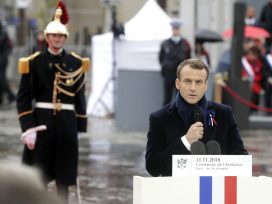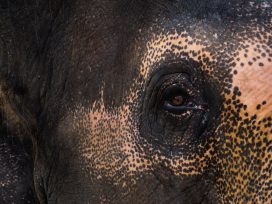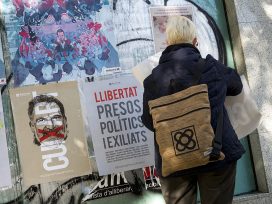
Lying eyes
Can facial expressions ascertain truth in court?
Reading faces has no place in law books. Yet the assessment of appearance and demeanour, largely unspoken, still plays a role in ascertaining truth in court. Unscientific and obscure, this practice can lead to discrimination targeting specific ethnic groups.













